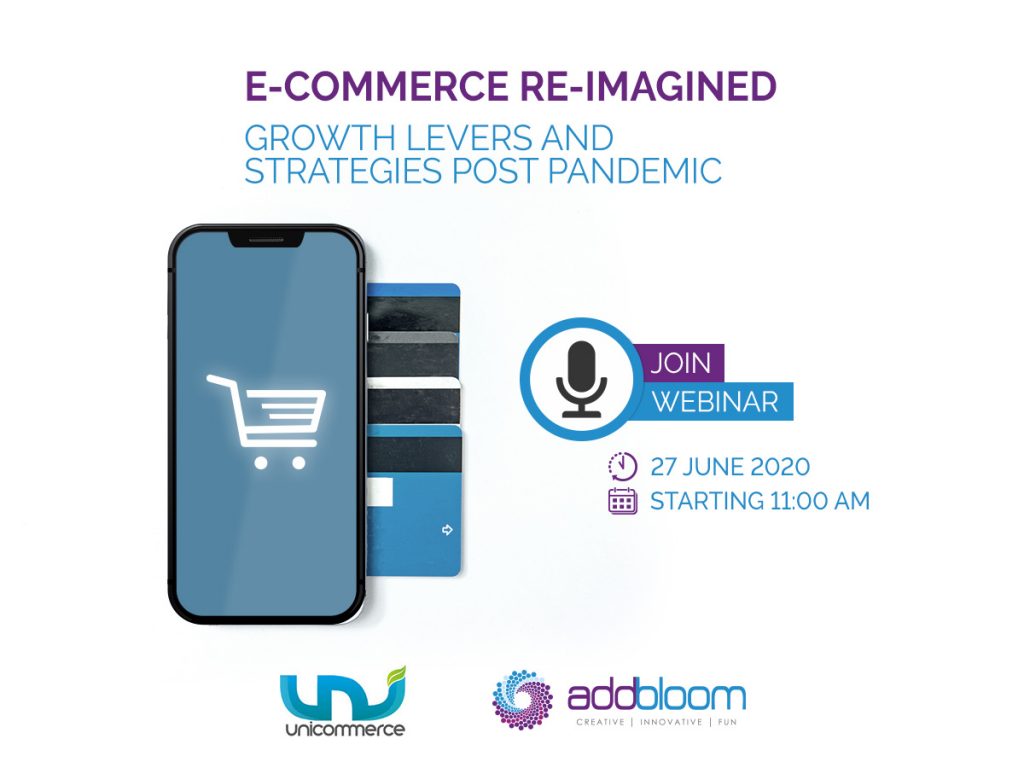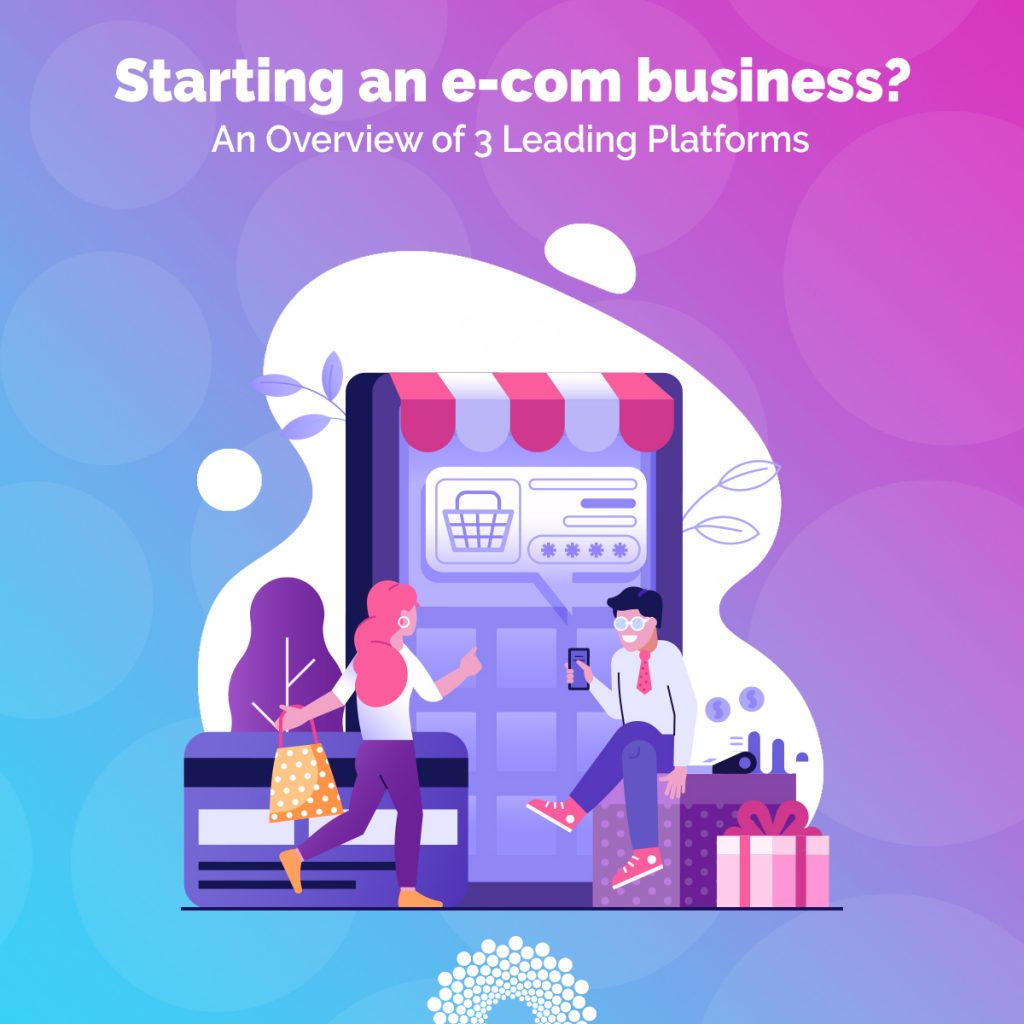Reimagining eCommerce Post Covid-19 | A Middle East Webinar Geared for Growth Strategies
Crises are often a catalyst for innovation, especially for those geared to embrace challenges.
In these times, consumer behavior across the world as well as in the UAE and Saudi Arabia has shifted rapidly to online buying, which gave way for an immediate focus on the digital commerce industry and upheld the importance of implementing technology-driven solutions to ensure sustainability, growth and stability.
Yes, e-commerce is now one of the hottest topics today, one that presents businesses with many questions.
- Will the e-commerce boom remain?
- How can businesses prepare for the future?
- What are the top strategies to ensure growth and provide a relevant and valuable user experience?
- What are the effective channels to improve performance?
- Is it necessary to restructure existing e-commerce functionalities with new-age solutions for continuous growth and profitability?
To answer these questions and many more, UniCommerce is organizing the Middle East’s largest Webinar on “eCommerce Reimagined: Strategies and Growth Levers Post COVID-19” on Saturday June 27, 2020 starting 11 AM Gulf Standard Time
The webinar is open to all GCC Business and will bring together 10 industry experts from across the MENA region who will be sharing insights and top-level e-commerce strategies to help businesses gear up for conducting businesses amid and post the pandemic
Register here: https://lnkd.in/dy4BdG7

Webinar Agenda
Session 1:
“E-commerce strategies in post Covid-19 era” | 11 AM – 12:15 PM GST
Speakers
- Hasan Alhazmi – Co-Founder, Salasa
- Raghu Ravinutala – Co-Founder, Yellow Messenger
- Anshuk Aggarwal – Co-Founder, Adyogi
- Pranshu Kacholia – VP Business, ClickPost
- Sean McCarry – Sales Director, Magento Commerce
Session 2:
Driving eCommerce growth | 12:20 PM – 1:30 PM GST
Speakers:
- Mohamed Bahaa – Co-Founder, Wimo
- Samar Layoun – Co-Founder, AddBloom
- Ravi Kant – Head Strategic Partnerships, Noon
- Vikas Panchal – Business Head, Tally
- Rajiv Ramanan, Director- Startups, Freshworks
Register here: https://lnkd.in/dy4BdG7



